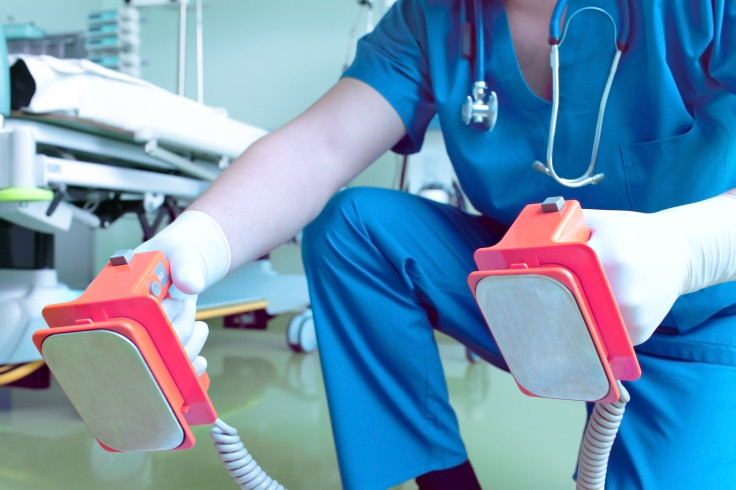Following Sudden Cardiac Arrest, A Lack Of Vitamin D Will Increase Mortality And Decrease Brain Function

Turns out the sunshine vitamin is vitally important to survivors of sudden cardiac arrest — when your heart stops and the subsequent loss of blood flow causes you to stop breathing and lose consciousness. Vitamin D deficiency increases by a factor of seven, the risk of poor brain function following cardiac arrest, according to new research presented by Dr. Jin Wi at the annual meeting of the Acute Cardiovascular Care Association. Lack of the necessary amount of vitamin D also decreased a patient's likelihood of surviving.
The Marriage of Sun and Skin
Your body makes vitamin D from sunlight on your skin. Only a small amount comes from food, including eggs and oily fish, such as salmon, sardines, and mackerel. However, you can also get vitamin D in the form of supplements. No matter how you absorb this important vitamin, your body must convert it first before it can be used to manage the amount of calcium in your blood and bones and to help cells communicate properly. Vitamin D is necessary to strengthen immunity and to support muscles, heart, lungs, and brain health.
“We investigated the association of vitamin D deficiency with neurologic outcome after sudden cardiac arrest," Wi said. He and his team began this investigation by analyzing clinical data from all unconscious patients resuscitated from sudden cardiac arrest at a hospital in Seoul, Korea. The study included 53 patients. CPR had been performed on 41 patients (77 percent). Heart rhythm was shockable in 36 patients (68 percent) and non-shockable in 17 patients (32 percent). The average vitamin D level was 10.3 ng/mL and 31 patients (59 percent) were found to be deficient.
Among those patients with a poor outcome, the researchers found significantly lower vitamin D levels compared to those with a good outcome. In fact, 65 percent of patients with vitamin D deficiency had a poor neurological outcome at six months after discharge compared to 23 percent of patients with healthy vitamin D levels. They also found that 29 percent of patients with vitamin D deficiency had died at six months compared to none of the patients with good vitamin D levels. "Vitamin D deficiency increased the risk of poor neurological outcome after sudden cardiac arrest by seven-fold,” Wi said, adding, “A large randomized clinical trial is needed to find out whether supplements of vitamin D can protect high risk groups from having a sudden cardiac arrest."
Source: Wi J, Shin YH, Kim JS, et al. Relationship of vitamin D and parathyroid hormone to infarction-related arrhythmia in patients with acute myocardial infarction. American College of Cardiology. 2014.



























